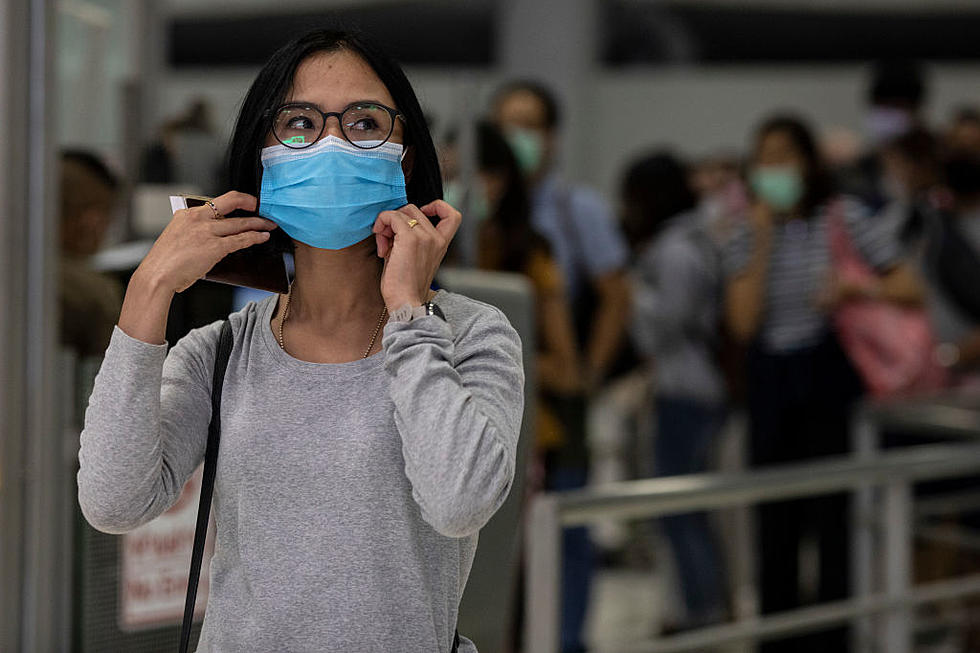
FTC Issues Warning About Coronavirus Scam
Scammers are taking advantage of fears surrounding the Coronavirus.
The Federal Trade Commission (FTC) says websites are popping up in record numbers trying to sell bogus products and using fake emails, texts, and social media posts as a ruse to take your money and get your personal information.
The emails and posts may be promoting awareness and prevention tips, and fake information about cases in your neighborhood. They also may be asking you to donate to victims, offering advice on unproven treatments, or contain malicious email attachments. [FTC]
For the most up-to-date information about the Coronavirus, visit the Centers for Disease Control and Prevention (CDC) and the World Health Organization (WHO).
Here are some tips via FTC to help you keep the scammers at bay:
- Don’t click on links from sources you don’t know. It could download a virus onto your computer or device.
- Watch for emails claiming to be from the Centers for Disease Control and Prevention (CDC) or experts saying that they have information about the virus.
- Ignore online offers for vaccinations, and ads touting prevention, treatment, or cure claims for the Coronavirus.

Here's the latest 'Situation Report' for February 10, 2020.
- Globally
40 554 confirmed (3085 new) - China
40 235 confirmed (3073 new)
6484 severe (296 new)
909 deaths (97 new) - Outside of China
319 confirmed (12 new)
24 countries
1 death
WHO does not recommend any specific health measures for travelers. In case of symptoms suggestive of respiratory illness either during or after travel, travelers are encouraged to seek medical attention and share their travel history with their health care provider.
More From Big Frog 104









